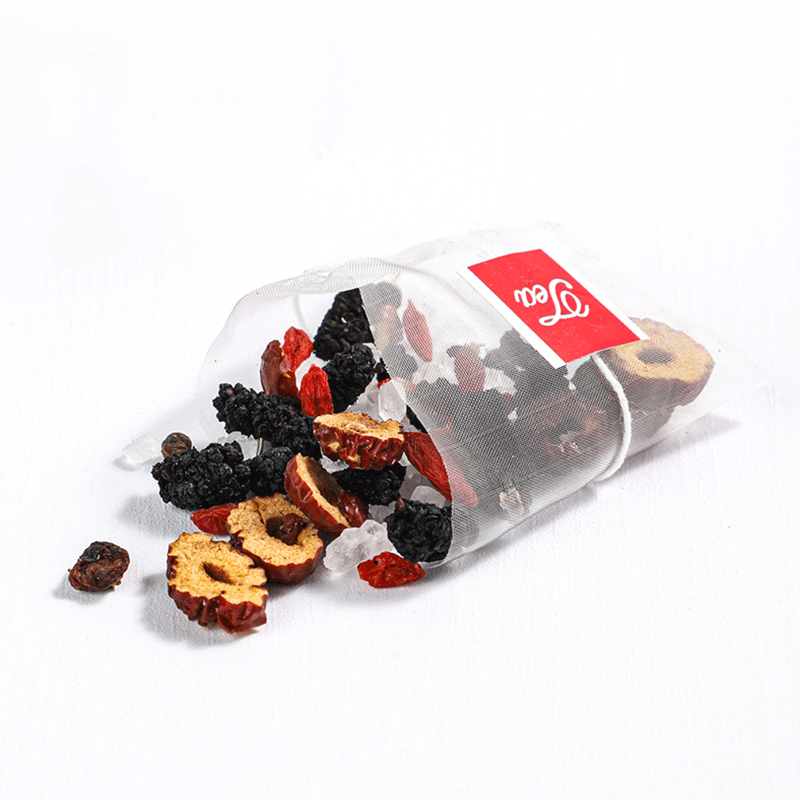Lemon tea has long been celebrated for its refreshing taste and numerous health benefits, but there’s an intriguing twist to this classic beverage: dried lemon tea. Whether it's the bright, tangy freshness of a freshly squeezed lemon or the unique, concentrated flavor of dried lemon slices, both forms offer distinct advantages. But when it comes to nutritional benefits, how does dried lemon tea compare to its fresh counterpart? First, it’s essential to recognize that drying lemon slices preserves many of the lemon’s nutrients, including vitamin C, antioxidants, and minerals like potassium. While fresh lemons are rich in vitamin C, the drying process allows these nutrients to remain in the dried slices, albeit in a more concentrated form. The absence of water in dried lemon tea means that the nutrients are packed into a smaller volume, which can provide a more potent dose of vitamins per serving. As a result, one cup of dried lemon tea may deliver a more intense burst of vitamin C than freshly brewed lemon tea, especially if you steep the dried slices for a longer period.

However, the drying process isn’t without its trade-offs. While many of the essential nutrients remain intact, some compounds, like volatile oils and certain antioxidants, may diminish in concentration during drying. These oils, responsible for much of the fresh lemon's bright aroma and flavor, might not be as prevalent in dried lemon tea, resulting in a less intense citrus fragrance. Despite this, dried lemon tea retains a refreshing tanginess that makes it a unique option, especially for those looking for a more concentrated lemon flavor in their tea. The real beauty of dried lemon tea lies in its versatility and convenience. Unlike fresh lemon tea, which can lose its potency and freshness after a short period, dried lemon tea has a much longer shelf life. It can be stored for months without losing its nutritional value, provided it's kept in a cool, dry place. This means you can enjoy the health benefits of lemon tea any time of year, even when fresh lemons aren’t in season. Dried lemon tea is also a practical option for those who want to enjoy lemon tea on-the-go or in bulk, as it takes up far less space than fresh lemons, making it easy to store and prepare. From a health perspective, both forms of lemon tea have their merits. Fresh lemon tea is rich in hydrating properties due to its high water content, which can help promote digestion, detoxification, and skin health.
The natural acids in fresh lemon juice also stimulate the production of bile, aiding in fat digestion and liver function. In contrast, dried lemon tea, with its concentrated nutrients, can serve as a powerful antioxidant boost. The natural flavonoids in lemon, such as hesperidin, which can be more abundant in dried lemon, offer strong anti-inflammatory and heart-health benefits. This makes dried lemon tea a great option for those seeking a more potent antioxidant source in their diet. In conclusion, while fresh lemon tea offers hydration and a refreshing boost of vitamin C, dried lemon tea provides a more concentrated, long-lasting nutrient profile. The choice between the two ultimately comes down to personal preference and lifestyle needs. Fresh lemon tea is ideal for those looking for a hydrating, refreshing drink with a burst of citrus, while dried lemon tea is perfect for those who want a potent, convenient alternative with a longer shelf life and a deeper, more concentrated flavor. Both offer unique health benefits, so why not enjoy the best of both worlds?



 中文简体
中文简体
















